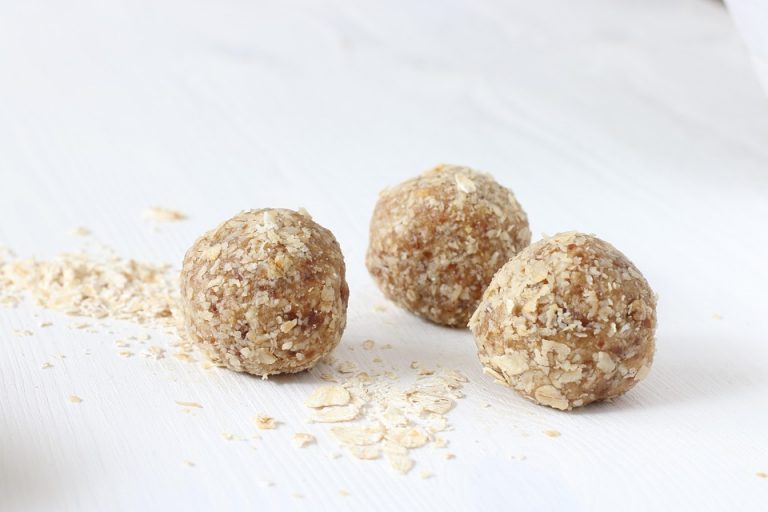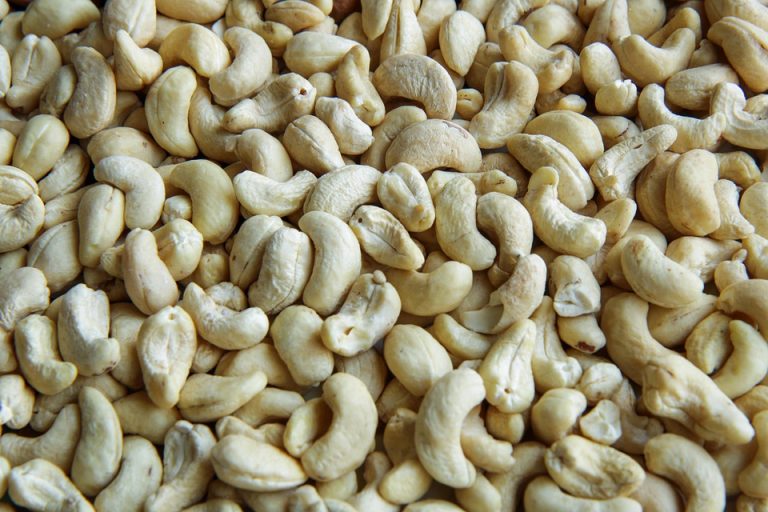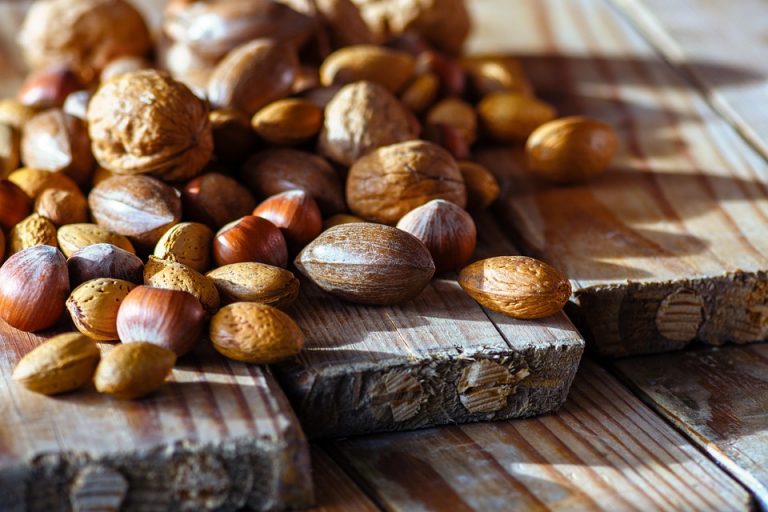Starting your organic diet today can transform your relationship with food and elevate your health. Picture this: fresh produce that bursts with flavor, grains that nourish your body, and a lifestyle that aligns with your values. It’s not just about food; it’s about feeling good, inside and out.
Contents
What is an Organic Diet?
An organic diet emphasizes whole, natural foods grown without synthetic fertilizers, pesticides, or genetically modified organisms (GMOs). It’s more than a trend—it’s a commitment to what you put into your body. By choosing organic, you’re opting for quality over quantity, supporting sustainable farming practices, and reducing your exposure to harmful chemicals.
Why does this matter to you? Because what you eat fuels your body and mind. Organic foods are often richer in nutrients and flavor, enhancing your overall well-being. Let’s dive into the seven simple steps that will help you start your organic diet today.
Step 1: Educate Yourself About Organic Foods
Knowledge is power. Familiarize yourself with what organic means, and understand the benefits. Here are some key points to consider:
- Nutritional Benefits: Studies suggest that organic produce can have higher antioxidant levels, which are crucial for fighting free radicals in your body.
- Environmental Impact: Organic farming practices are typically more sustainable, promoting biodiversity and reducing pollution.
For more in-depth information, check out the USDA’s guidelines on organic farming here.
Step 2: Clean Out Your Pantry
It’s time for a little spring cleaning. Go through your pantry and refrigerator. Toss out anything that isn’t organic or healthy. This might feel daunting, but it’s liberating.
- Identify Non-Organic Items: Look for processed foods, snacks, and canned goods that contain additives or preservatives.
- Make Room for Freshness: As you clear out, think about what you want to bring back in—fresh fruits, veggies, whole grains, and organic proteins.
This step sets the tone for your new organic journey.
Step 3: Start Small with Your Grocery List
You don’t have to overhaul your entire diet overnight. Begin with a small, manageable grocery list. Focus on organic staples, such as:
- Fruits and Vegetables: Apples, bananas, spinach, and carrots.
- Grains: Quinoa, brown rice, and whole grain bread.
- Proteins: Organic chicken, eggs, and legumes.
Gradually incorporate these items into your meals. As you become accustomed to organic choices, expand your list.
Step 4: Shop Smart
Shopping for organic foods doesn’t have to break the bank. Here are some tips:
- Know Your Labels: Look for the USDA Organic seal. This ensures the food meets strict organic standards.
- Visit Local Farmers’ Markets: Often, you can find fresh, organic produce at reasonable prices. Plus, you’re supporting local farmers!
- Buy in Bulk: Purchasing grains, nuts, and seeds in bulk can save you money and reduce packaging waste.
For a detailed guide on smart shopping, visit the Environmental Working Group’s website here.
Step 5: Embrace Meal Planning
Meal planning is your new best friend. When you plan, you save time and reduce impulse purchases. Here’s how to get started:
- Choose a Day: Pick a day each week to plan your meals and snacks.
- Make a Menu: Create a simple menu based on seasonal organic produce.
- Prep Ahead: Chop veggies, cook grains, and portion out snacks to make your week easier.
Planning not only helps you stick to your organic diet but also encourages creativity in the kitchen.
Step 6: Connect with the Community
You’re not alone on this journey. Connecting with others can motivate and inspire you. Consider:
- Joining Online Groups: Look for forums or social media groups focused on organic eating.
- Participating in Local Workshops: Many communities offer classes on cooking with organic ingredients.
Networking with like-minded individuals can provide valuable tips and insights.
Step 7: Reflect and Adjust
Your journey to an organic diet is personal and unique. Take time to evaluate how you feel after making these changes.
- Listen to Your Body: Are you feeling more energized? Are your cravings changing?
- Adjust Your Approach: If something isn’t working, don’t hesitate to tweak your diet. It’s all about finding what suits you best.
Regular reflection helps you stay connected to your goals and encourages a sustainable lifestyle.
Why Choose Organic?
Beyond the immediate benefits of nutrient-rich foods, choosing organic supports sustainable farming practices. It reduces your carbon footprint and promotes a healthier planet for future generations. Your choices matter!
Bottom Line
Starting your organic diet today opens the door to a healthier, more vibrant life. You’ll nourish your body with wholesome foods, support sustainable practices, and feel empowered in your choices.
So, what are you waiting for? Take that first step today, and embrace the flavors and benefits of organic eating. You deserve it!
FAQs
What are the main benefits of an organic diet?
An organic diet can lead to improved health, reduced exposure to chemicals, and a positive impact on the environment.
Is organic food more expensive?
While organic food can be pricier, shopping smart and buying in bulk can help reduce costs.
Can I still eat out while on an organic diet?
Absolutely! Many restaurants are starting to offer organic options. Just ask your server for their organic choices.
By following these seven simple steps, you’re not just changing your diet; you’re transforming your life. Enjoy the journey!
Get Your FREE Natural Health Guide!
Subscribe now and receive our exclusive ebook packed with natural health tips, practical wellness advice, and easy lifestyle changes, delivered straight to your inbox.




